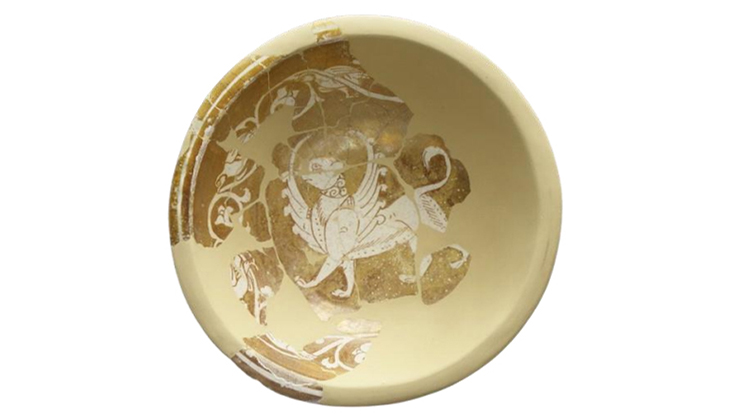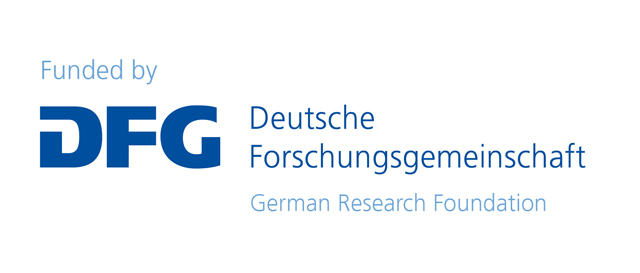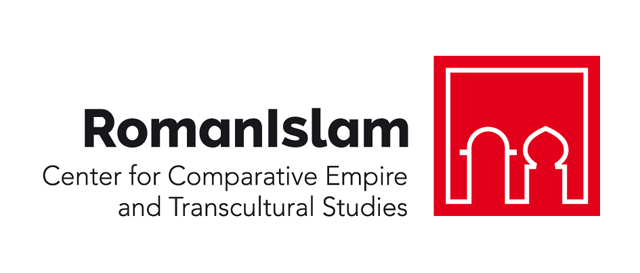The Anthropology of Objects: How can Objects Reveal Processes of Cultural and Social Change?, Dec. 7-8, 2023
© MET
Universität Hamburg, Edmund-Siemers-Allee 1, AS-Saal, 20146 Hamburg.
How can objects reveal processes of cultural and social change? This workshop, organized under the aegis of the RomanIslam Center for Comparative Empire and Transcultural Studies at Universität Hamburg, will explore how both surviving objects and discussions of objects in written sources reveal the vast political, religious and cultural changes that accompanied the transition from late antiquity to early Islam.
The RomanIslam Center focuses on the processes of empire building on the Iberian Peninsula and in North Africa during the Roman and Islamic periods, considered from a transcultural perspective. As part of the Center’s theme for 2023-24, “Architecture and Materials of Prestige,” this workshop examines how objects can shed light on cultural and political transformation, from both a theoretical level of analysis and the practical level of case studies. Although the case studies will mainly focus on al-Andalus and the Maghreb and on the long Late Antiquity (5th-11th centuries), broader papers that appraise the state of material culture studies or present examples from other regions that can offer a comparative perspective are most welcome.
The workshop will be organized over the course of two days, and along two axes. The first centers on “object biographies,” tracing the life story of objects from their moment of production through their movement across time and space, and considers what objects can tell us about the contexts, in which they were produced and circulated. This axis centers physical evidence, using materials, techniques, patterns of wear and evidence of modification to illuminate the people who interacted with the objects. The second axis analyzes the social embeddedness of objects from a broader cultural perspective, considering how objects (including descriptions of objects in texts) reveal broader political, religious and economic patterns and asks about agents and the groups involved.
[ Programm Flyer ]
[ Abstract Booklet ]




















